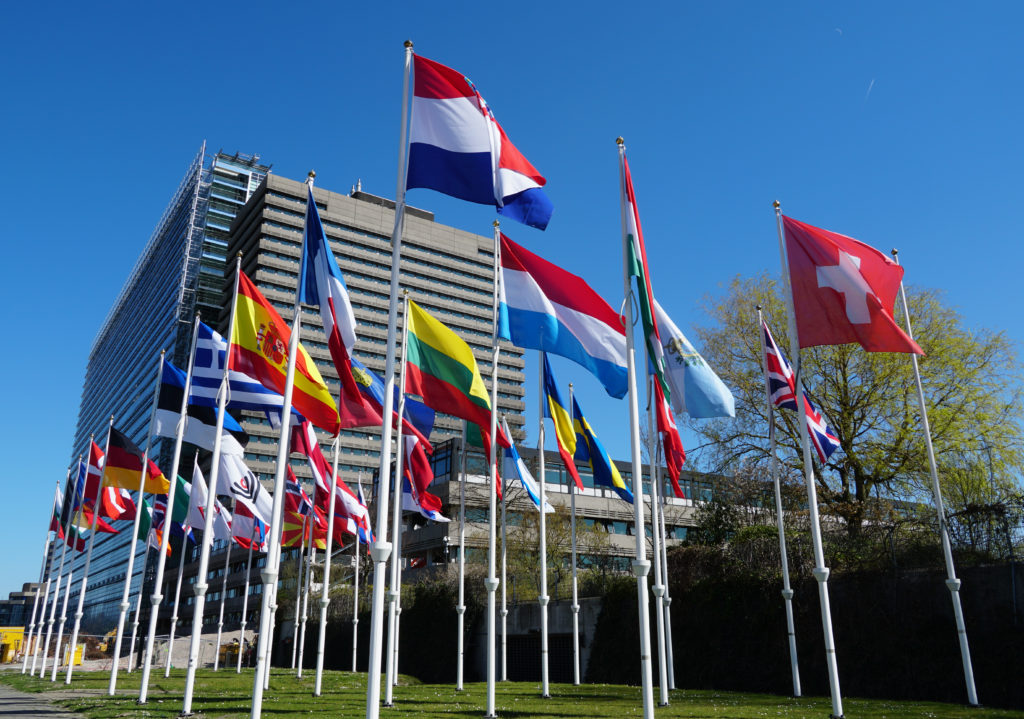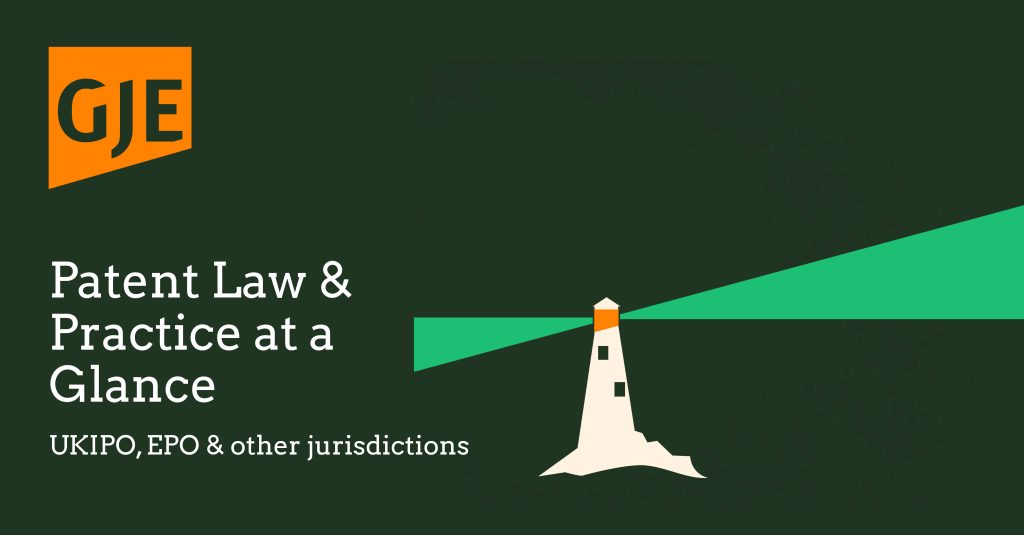The UK has formally ended its participation in the unitary patent project by withdrawing its earlier ratification of the Agreement on the Unified Patent Court (UPCA). In a statement to the House of Commons, Amanda Solloway (Minister for Science, Research and Innovation) confirmed that the UK Government’s aims of becoming an independent self-governing nation could not be reconciled with participation in a court that applies EU law and is bound by the CJEU.
Any lingering optimism that UK involvement in the unitary patent might somehow survive Brexit was already ended in February with the statement from No. 10 that the UK would not be seeking involvement in the UPC following the UK exit from the EU. The latest news therefore comes as no surprise, but it does bring into sharp focus the problems that remain for the remaining members of the UPCA.
The major obstacle that remains is the ratification of the UPCA by Germany. The German Ministry of Justice has indicated its intention to place a ratification bill before the Bundestag to allow the UPCA to enter into force in January 2021. However, serious doubts remain as to whether the UPCA is viable in its current form. These doubts focus on Article 7(2), which designates London as the seat of a division of the central court. While the UK may be out of the UPCA, London is still in it. It remains to be seen if the Bundestag will be willing to ratify before this “London question” is resolved.
On the other hand, amendment and re-ratification of the UPCA would be far from straightforward. There are still many contentious aspects to the UPCA and other countries could take advantage of their increased influence, in the absence of the UK, to re-open old divisions. The vacant central court location would also be a major prize to be fought over. It has even been speculated that the Netherlands or Italy might withdraw their own ratification of the UPCA in order to force a renegotiation in the hope of securing the court for themselves.
It is emphasised that participation in the Unified Patent Court is distinct from membership of the European Patent Organisation. The EPO is not an EU body and the participation of the UK in the European Patent Convention is not affected by Brexit. GJE’s attorneys in the UK continue to practice before the EPO and patent protection in the UK may still be obtained via a European patent application. Furthermore, the UPCA requires that all registered European patent attorneys have rights of representation before the Unified Patent Court.
You can read our other UPC related insights here:
UPC stopped in its tracks by German courts.
GJE will report further developments with the UPCA as they happen. In the meantime, if you have any questions about the UPC, or how Brexit may affect your IP rights, please contact John via email at john.fisher@gje.com.

